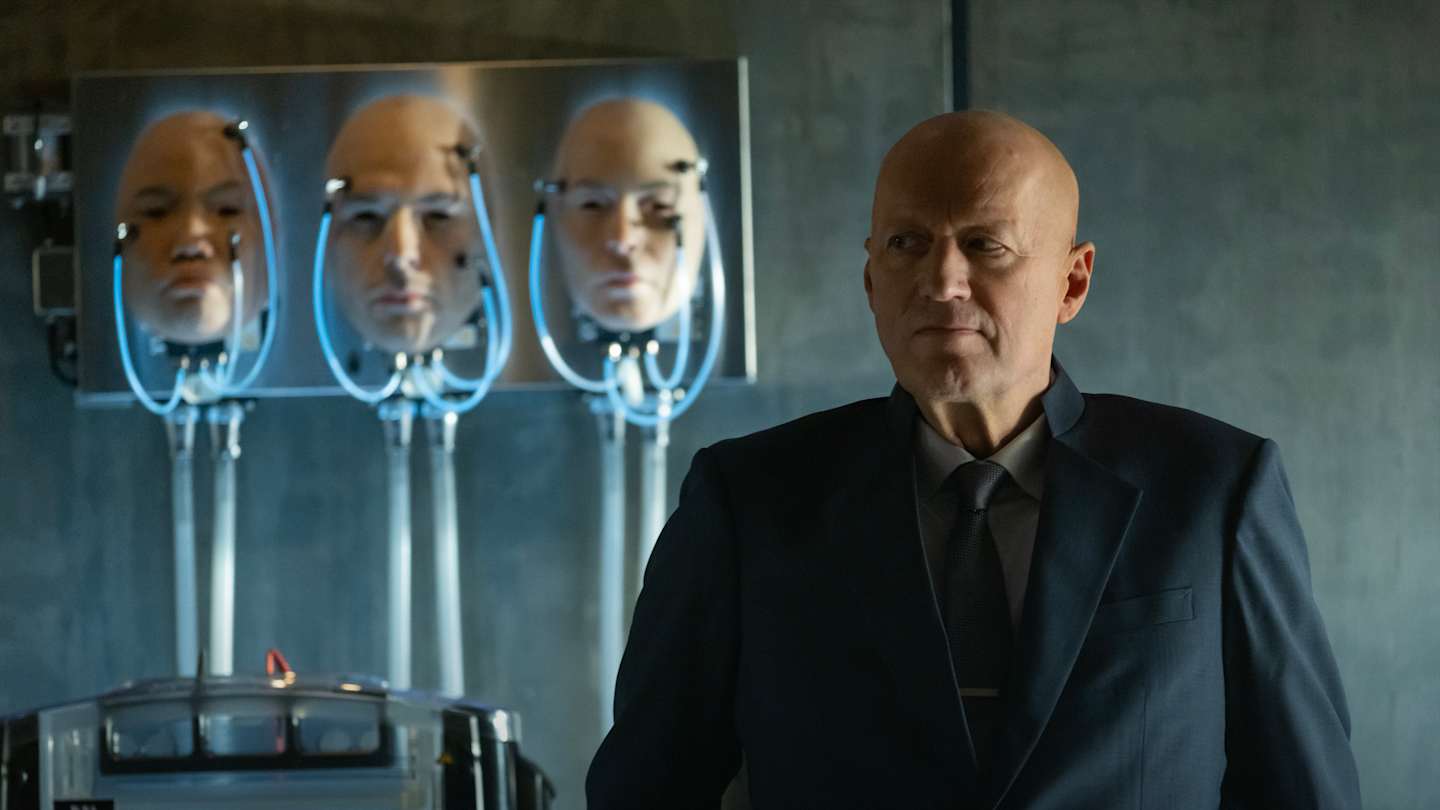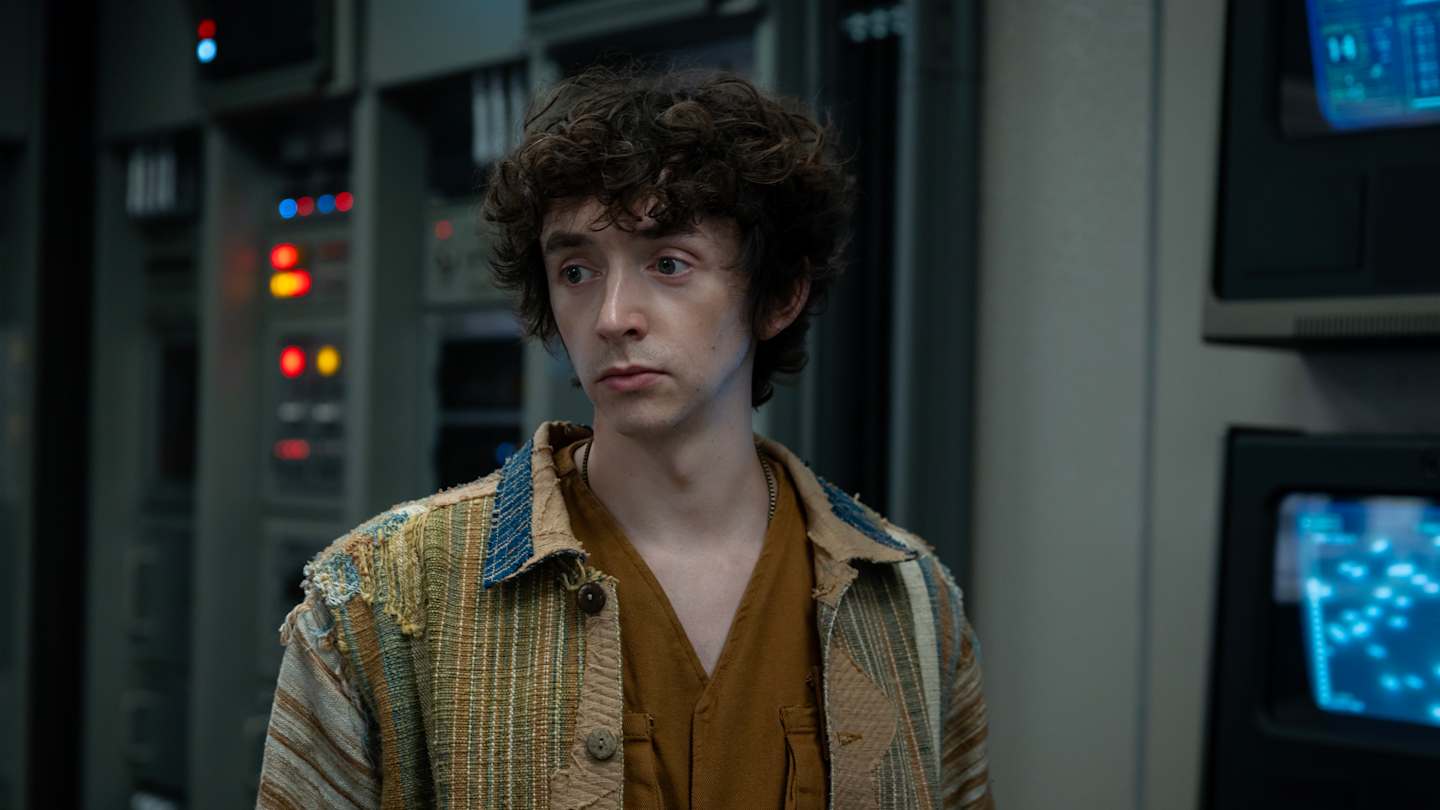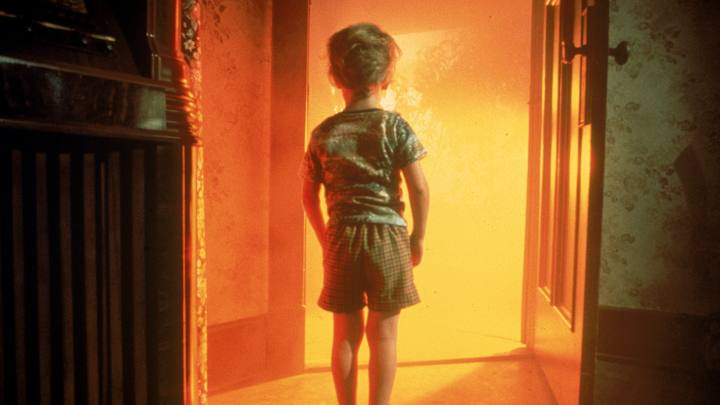Noah Hawley’s vision for the series continues to push the boundaries of the franchise, leaning into a patient, cerebral approach that builds on the foundation laid in the first three installments. This fourth chapter deepens the Lost Boys concept and tightens the focus on the relationships driving the arc, raising the stakes as characters confront ethical and existential questions about consciousness and identity.
As the narrative threads from earlier chapters converge, the episode shifts the spotlight toward a more mature exploration of power dynamics and survival, while maintaining the series’ distinctive visual flair and tonal restraint.
With its thoughtful pacing and moral weight, this installment proves that the show can honor Ridley Scott’s 1979 classic while carving out a bold, standalone path in science fiction storytelling.
Visual Storytelling and Direction Elevate the Alien: Earth Episode 4: ‘Observation’
The debut of Ugla Hauksdóttir as director brings a confident, cohesive visual language to the episode, pairing compact, tense close-ups with expansive, unsettling wides and a measured pace that never feels rushed. Her collaboration with editor Curtis Thurber and cinematographer David Franco yields a tactile sense of voyeurism—characters spy on each other, and the audience is pulled into the act of watching as a narrative engine rather than a passive impulse.
The result is a style that nods to the franchise’s origins while pushing the language forward, using light, shadow, and framing to probe what it means to observe—and be observed—in a world where human and synthetic lives intertwine.

Stellar Performances Bring Depth to Alien: Earth Episode 4: ‘Observation’
Sydney Chandler anchors the episode as Wendy, turning harrowing experiences with the alien specimens into a spine of emotional gravity. Across the ensemble, Alex Lawther, Samuel Blenkin, Timothy Olyphant, and Lily Newmark bring nuance to the series’ moral and psychological terrain, navigating loyalties, ambitions, and survival with quiet power. The dynamic between Babou Ceesay’s Morrow and Adarsh Gourav’s Slightly crystallizes the show’s gravitas, combining weighty themes with intimate, character-driven moments.
These performances deepen the exploration of identity, power, and what it means to remain human amid a world where the lines between creator and created are increasingly blurred.

A Bold, Unforgettable Conclusion to Alien: Earth Episode 4: ‘Observation’
The finale delivers a striking, surprising moment as Wendy encounters a newborn Xenomorph, a scene that reimagines an unused ending from Ridley Scott’s original film with a surprising, almost tender resonance. The juxtaposition of calm interaction and underlying danger signals a transformative turn for the series, suggesting new thematic territory in the evolving arc while staying true to the franchise’s core questions about creation, control, and consequence.
Where previous episodes balanced dread and wonder, this conclusion leans into possibility—reframing the relationship between host and creature and setting the stage for future confrontations, revelations, and revelations of character.
Conclusion: ‘Observation’ Solidifies Alien: Earth’s Unique Legacy
Overall, the episode cements a richly layered, forward-looking entry in the sprawling Alien universe, blending homage with inventive storytelling and a strong cast turning in standout performances.
Alien: Earth remains a force in science fiction, continuing to redefine what the franchise can be while inviting both longtime fans and newcomers to join the conversation. Stream, comment, and explore more of Cobble Hill Blog for ongoing coverage and analysis.







